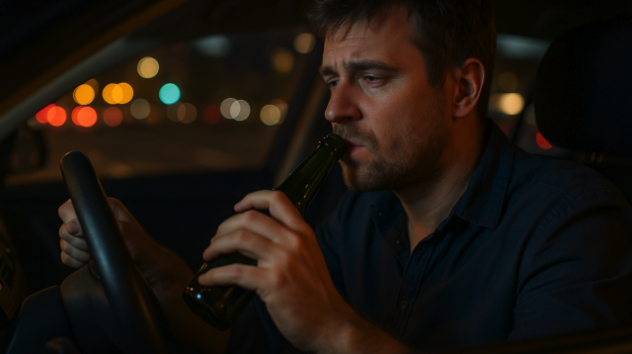
In the United States, car accidents are a leading cause of death. This shouldn’t surprise anyone. We’re talking about machines that average 4,371 pounds that can move legally at speeds up to 75 mph on Florida highways and are often pushed to speeds beyond that.
Recognizing the dangers that cars pose to people in the state of Florida, the Florida Supreme Court created something called the “dangerous instrumentality doctrine” back in 1931. In short, the doctrine says that when the owner of a car entrusts that car to another, the owner “has a nondelegable obligation to ensure that the vehicle is operated safely.” Aurbach v. Gallina, 753 So. 2d 60, 62 (Fla. 2000). Once that “entrustment” happens—and it can happen expressly or implicitly—the owner of the car is on the hook for all that follows. In other words, whether the person driving the car negligently injures someone, willfully injures someone, or even uses the car in “express disobedience to his master’s order” (the master being the person who entrusted the car to the driver) the owner remains liable.
Kiffer v. Ferreira Construction
The breadth of the dangerous instrumentality doctrine was recently illustrated by the Fourth District Court of Appeal’s decision in Kiffer v. Ferreira Construction. There, a company provided one of its employees with a company car. When accepting the car, the employee signed documents stating that he would only “drive it during work hours for business activities” and would not drive “while under the influence of alcohol.” One day, while driving home from work, the employee had to temporarily stop at a gas station and, while there, drank several 16-ounce beers. He then got back into the car and ultimately rear-ended another car at a stoplight.
The driver of that car, the plaintiff, sued the company pursuant to a vicarious liability theory. The company moved for summary judgment, arguing that it couldn’t be held liable for its employee’s negligence “because the employee was not allowed to drive the company’s car while under the influence of alcohol.” The trial court agreed, granting summary judgment to the company.
On appeal, the Fourth District Court of Appeal reversed the grant of summary judgment. In an opinion written by now federal district judge Ed Artau, the court relied on the dangerous instrumentality doctrine in reversing the trial judge. Judge Artau explained that, under the dangerous instrumentality doctrine, the only consent that matters is the owner’s consent to the person driving his or her car. Once that consent happens, it simply doesn’t matter whether the driver disobeyed other directives or conditions of use imposed by the owner. As the court put it:
“[W]hile the rule governing liability of an owner of a dangerous agency who permits it to be used by another is based on consent, the essential authority or consent is simply consent to the use or operation of such an instrumentality beyond his or her immediate control. Only to that limited extent is the issue pertinent when members of the public are injured by its operation, and only in a situation where the vehicle is not in operation pursuant to his authority, or where he has in fact been deprived of the incidents of ownership, can such an owner escape responsibility.”
Takeaway
The takeaway? When you allow someone else to drive your car on Florida’s roads, you’re necessarily agreeing them to use that car with no strings attached (even if you try to attach strings). If they injure or kill someone with that car, you’re on the hook. In short, be careful who you toss your keys to.
